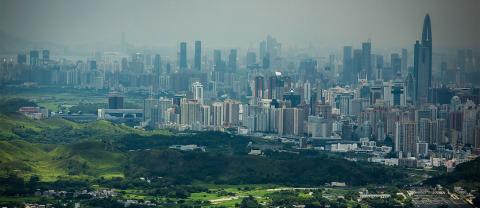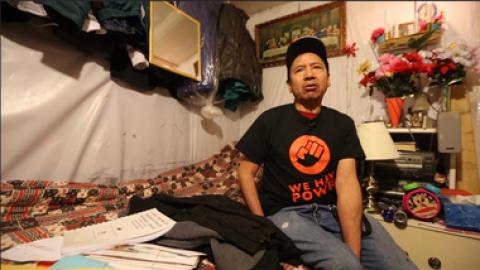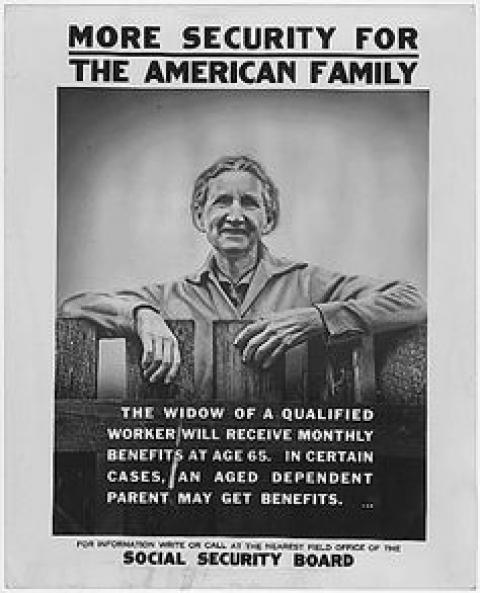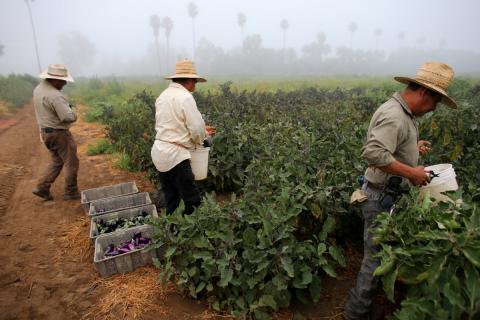Inside the Corporate Utopias Where Capitalism Rules and Labor Laws Don’t Apply
In These Times

A Special Investigation by In These Times reporters who gained access to three of the world’s “special economic zones”—and found paradises for corporations and wastelands for workers’ rights.








Spread the word